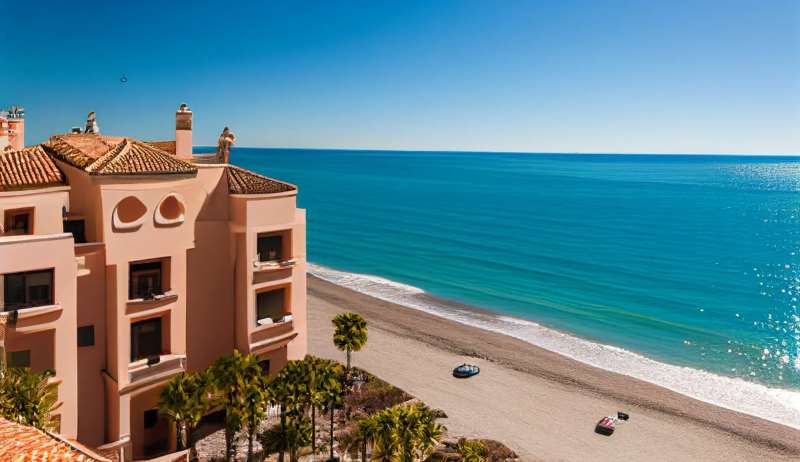Investing in property in Costa del Sol? February 4, 2023
Investing in property is a popular strategy for generating passive income and building long-term wealth. The south of Spain, and more specifically, the Costa del Sol region, is a desirable location for property investment due to its warm climate, picturesque scenery, and thriving tourism industry. In this article, we explore the process of buying a property as an investment in Marbella, Costa del Sol, and the legal and tax considerations that investors should be aware of.
Why Marbella is a Good Investment Destination
Marbella is a luxurious and exclusive destination that offers a high standard of living and attracts wealthy buyers and tourists from all over the world. The village is home to several high-end amenities, including fine dining restaurants, exclusive boutiques, and luxurious hotels. Marbella is also known for its stunning beaches, world-renowned golf courses, and vibrant nightlife. As a result, properties in Marbella tend to command high rental yields, making it an attractive destination for investors seeking a profitable return on their investment.
Short-Term Rentals: Requirements for a Tourist License in Andalucia
One of the most popular investment strategies in Marbella is short-term rentals, which involve renting out a property for a period of less than 90 days to tourists. To legally rent out a property in Andalucia, investors must obtain a tourist license, which is a legal requirement. The process involves applying for the license at the local town hall and providing documentation that the property meets the safety and hygiene requirements outlined by the authorities. The property must also have a functioning air conditioning system, and investors must comply with certain tax and accounting obligations. It is advisable to work with a local lawyer or accountant who can guide investors through the process and ensure that they are in compliance with all legal requirements.
Long-Term Rentals: What Investors Should Know
Long-term rentals, which involve renting out a property for a period of more than 90 days, are also popular among investors in Marbella. Unlike short-term rentals, long-term rentals do not require a tourist license, but investors must comply with certain legal and tax requirements. The rental contract must comply with the Spanish Tenancy Act, which outlines the rights and obligations of landlords and tenants. Investors must also declare rental income and pay tax on their rental earnings. Non-resident investors are subject to a flat tax rate of 24%, while resident investors are subject to the standard income tax rates, which vary depending on their earnings.
Tax Considerations for Property Investors in Marbella
Tax is an important consideration for property investors in Marbella, and investors should be aware of the tax implications of owning and renting out a property in Spain. Non-resident investors are subject to a range of taxes, including property tax, wealth tax, and capital gains tax. Property tax is calculated on the rateable value of the property, while wealth tax is calculated on the value of the property and other assets owned by the investor. Capital gains tax is payable on the profit made from selling a property, and the rate varies depending on the length of time the investor has owned the property.
Resident investors are also subject to tax on their rental income, but they may be eligible for certain deductions and exemptions. For example, resident investors can deduct certain expenses, such as maintenance and repairs, from their rental income. They may also be eligible for tax exemptions on their rental income if they rent out their property for a long-term period.
Find your own investment property?
›› Find properties classified as investment opportunities here, also have a look at the list of properties for sale in Nueva Andalucia that has been reduced in price after listing. You can also find the cheapeast available properties here, which may create an opportunity to modernize and then rent out?


